What is the Metaverse?
The Metaverse is a series of 3D virtual universes, each of which has its own laws of physics, planets or unique worlds, currency and incentive structures built on Web 3.0.
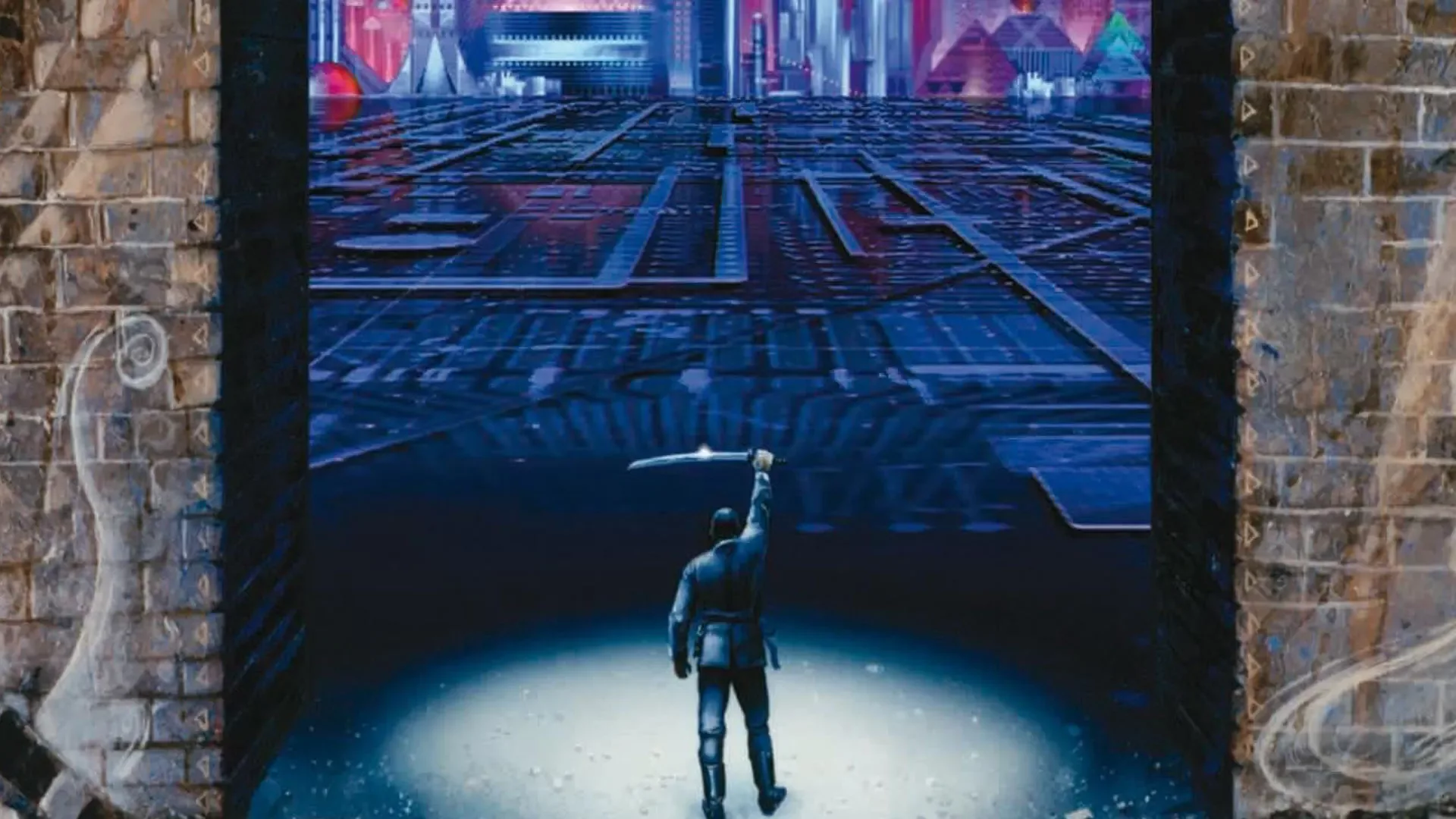
Neal Stephenson's Snow Crash (1992)
The Metaverse is a series of 3D virtual universes, each of which has its own laws of physics, planets or unique worlds, currency and incentive structures built on Web 3.0.
The word Metaverse was initially coined by Neal Stephenson as portmanteau of "Meta" and "Universe" in his dystopic cyberpunk novel Snow Crash (1992), where human beings access a 3D virtual world through personal terminals and virtual reality headsets.
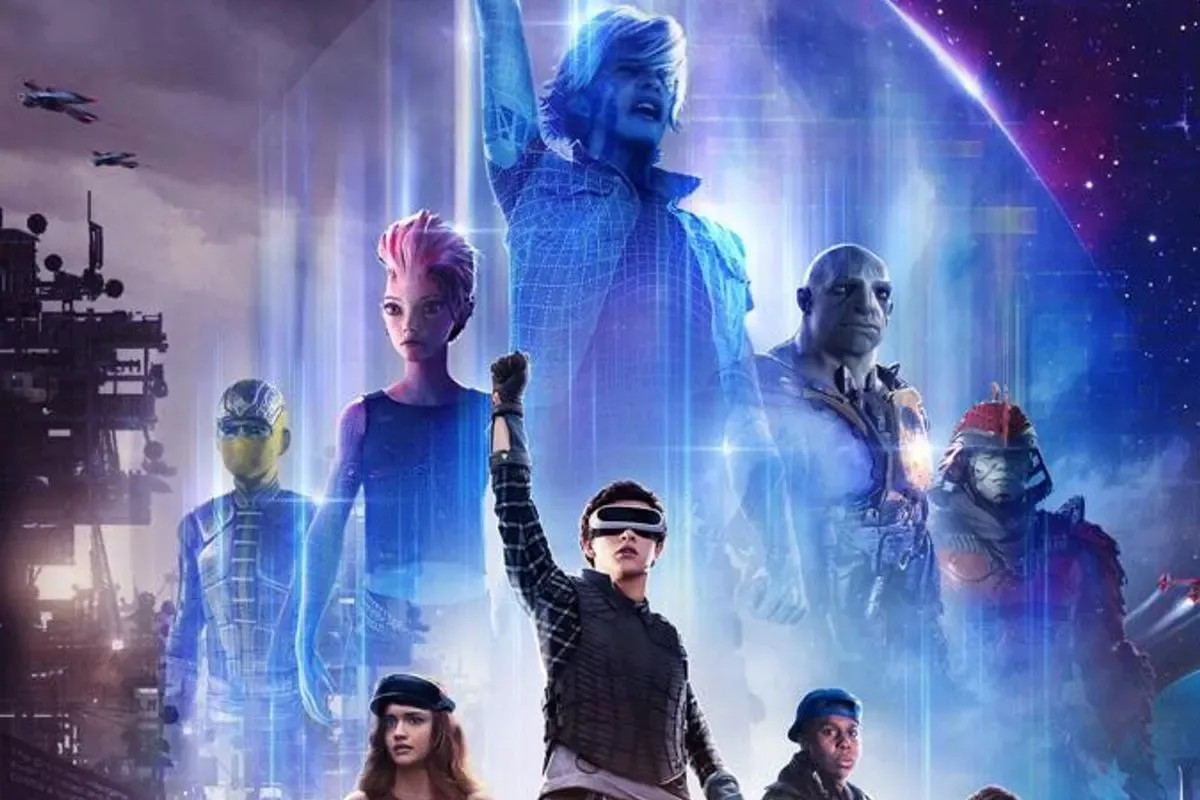
Ernest Cline's Ready Player One (2011)
This concept of a 3D virtual universe, beyond existing universes was further popularized in the video game platform Second Life (2003) and Ernest Cline's Ready Player One (2011) where humans exist as players within a computer generated universe.
The Rise of the Metaverse
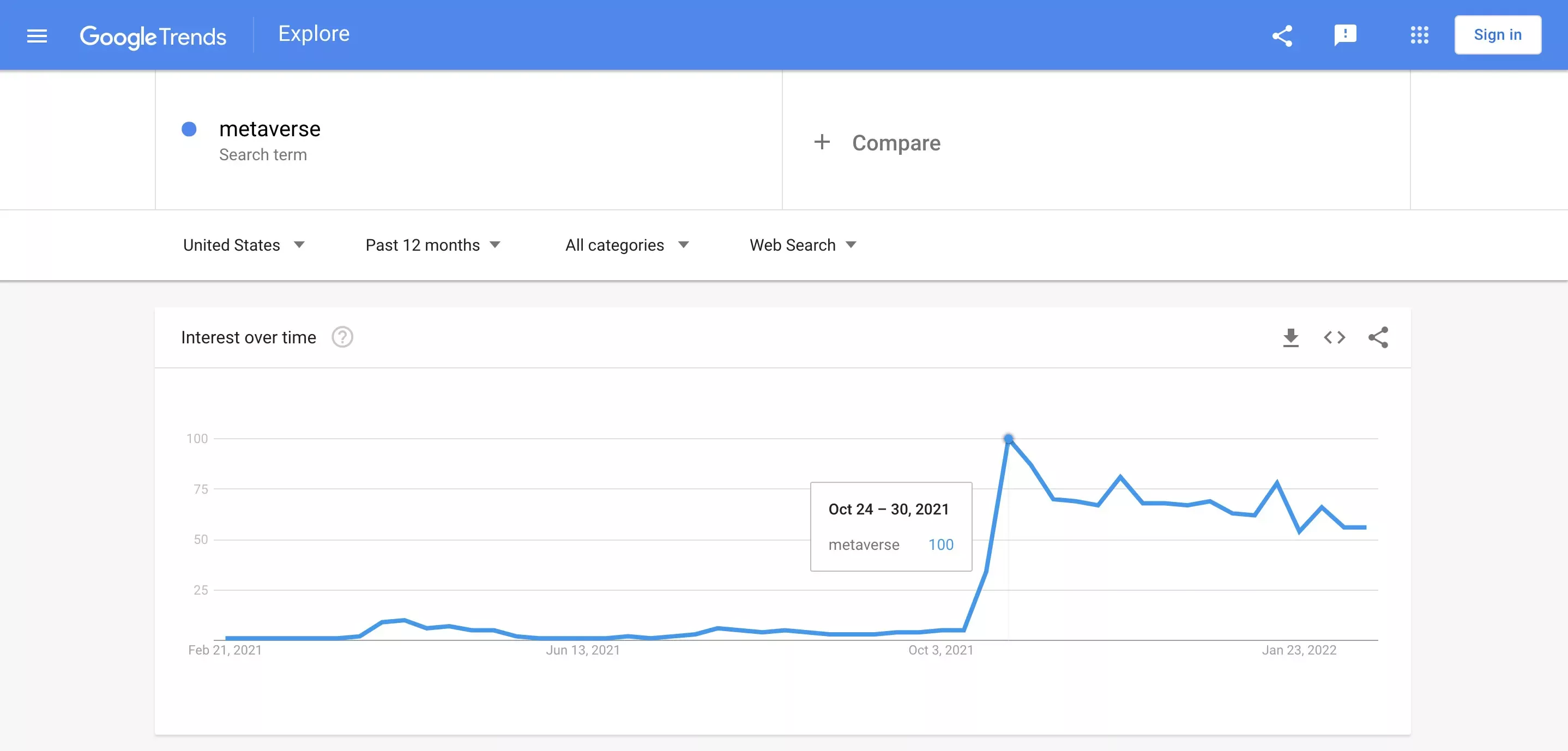
Google Trends report on the word Metaverse in the last year (February 2021/2022).
On October 28th 2021, Mark Zuckerberg announced that Facebook had rebranded themselves as Meta creating a new peak in interest for the term Metaverse. With this announcement came their new world - Facebook Horizon Worlds - a universe that promised to replicate Ernest Cline's Ready Player One.
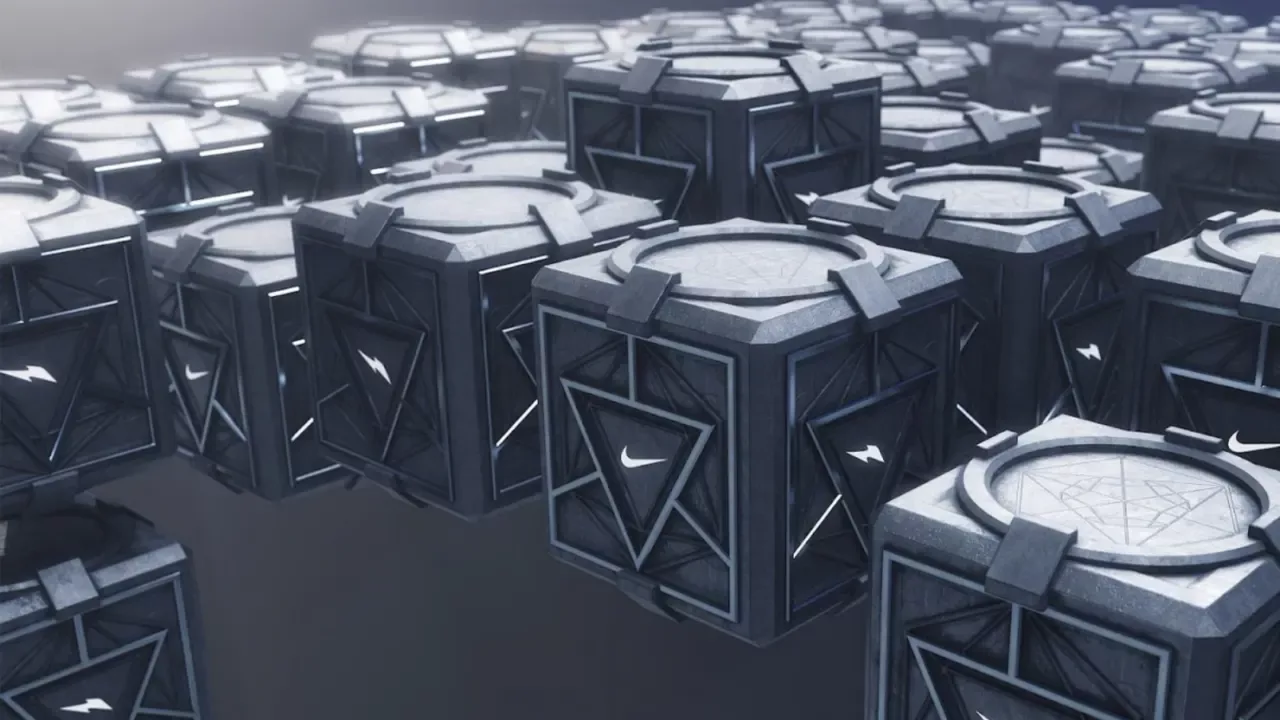
In partnership with RTFKT, Nike has released The “MNLTH,” is currently one of the top traded NFT collections in the world with a total transaction volume of 114,600 ETH (approximately $352 million USD) at the time of writing.
The interest in this space has since encouraged giants to buy game studios in order to safe-guard their capabilities ahead of time as seen by acquisitions that include RTFKT (Nike, December 2021) Activision for $68.7 Billion (Microsoft, January 2022); and Bungie for $3.6 Billion (Sony, January 2022) .
Brave new 3D Worlds
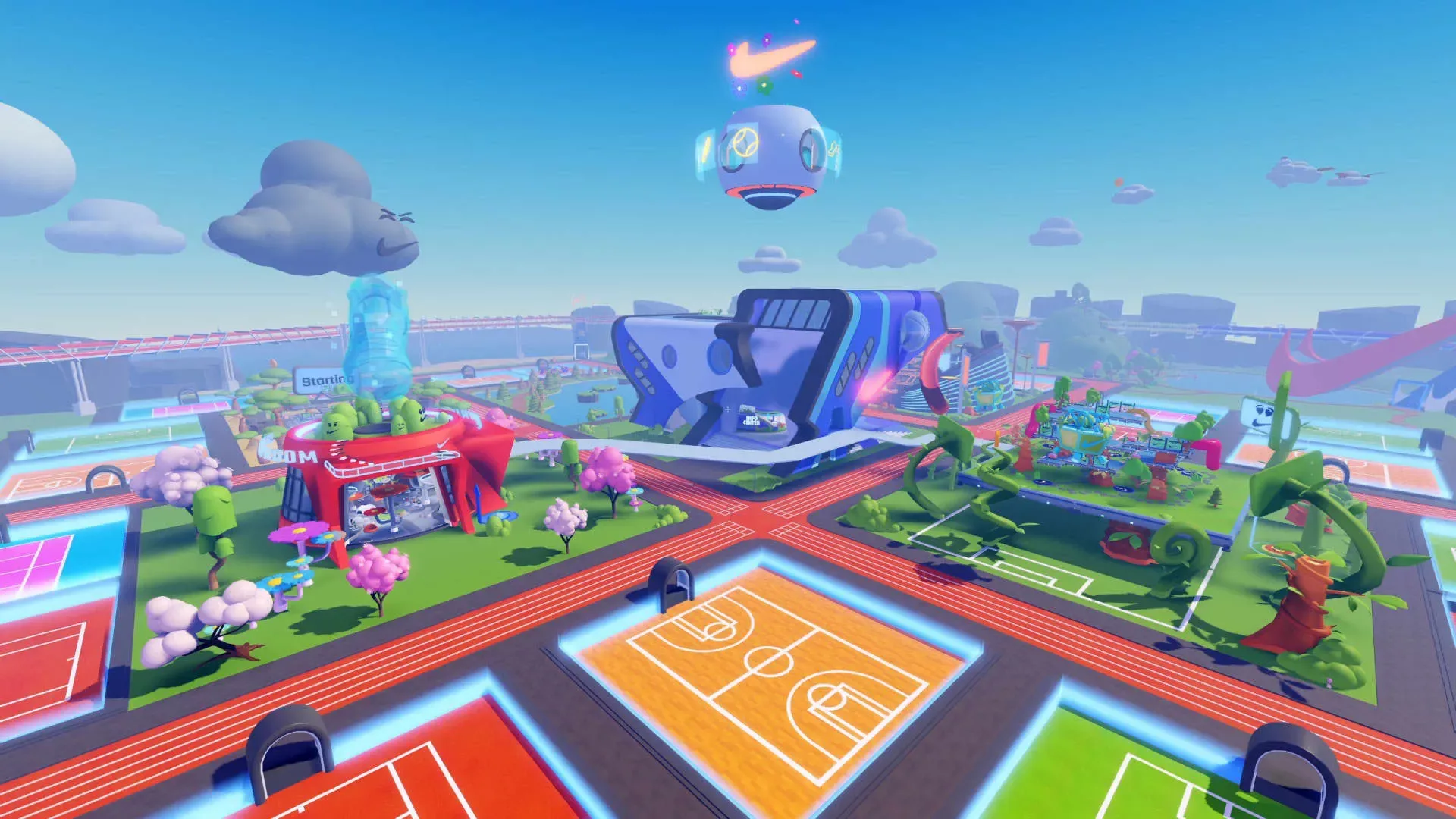
NIKELAND is a bespoke world with the backdrop of its world headquarters and inside Roblox’s immersive 3D space, building on its goal to turn sport and play into a lifestyle.
Although Facebook Horizon Worlds may be trying to own the space in its entirety, there are more notable experiences that are available on the internet including Roblox (2004), Minecraft (2011), Decentraland (2015), SuperWorld (2017) & Axie Infinity (2018).
These have created a new paradigm of behavior such as Play-to-Earn and Your Land, Your Rules.
What is Play-to-Earn (P2E) ?
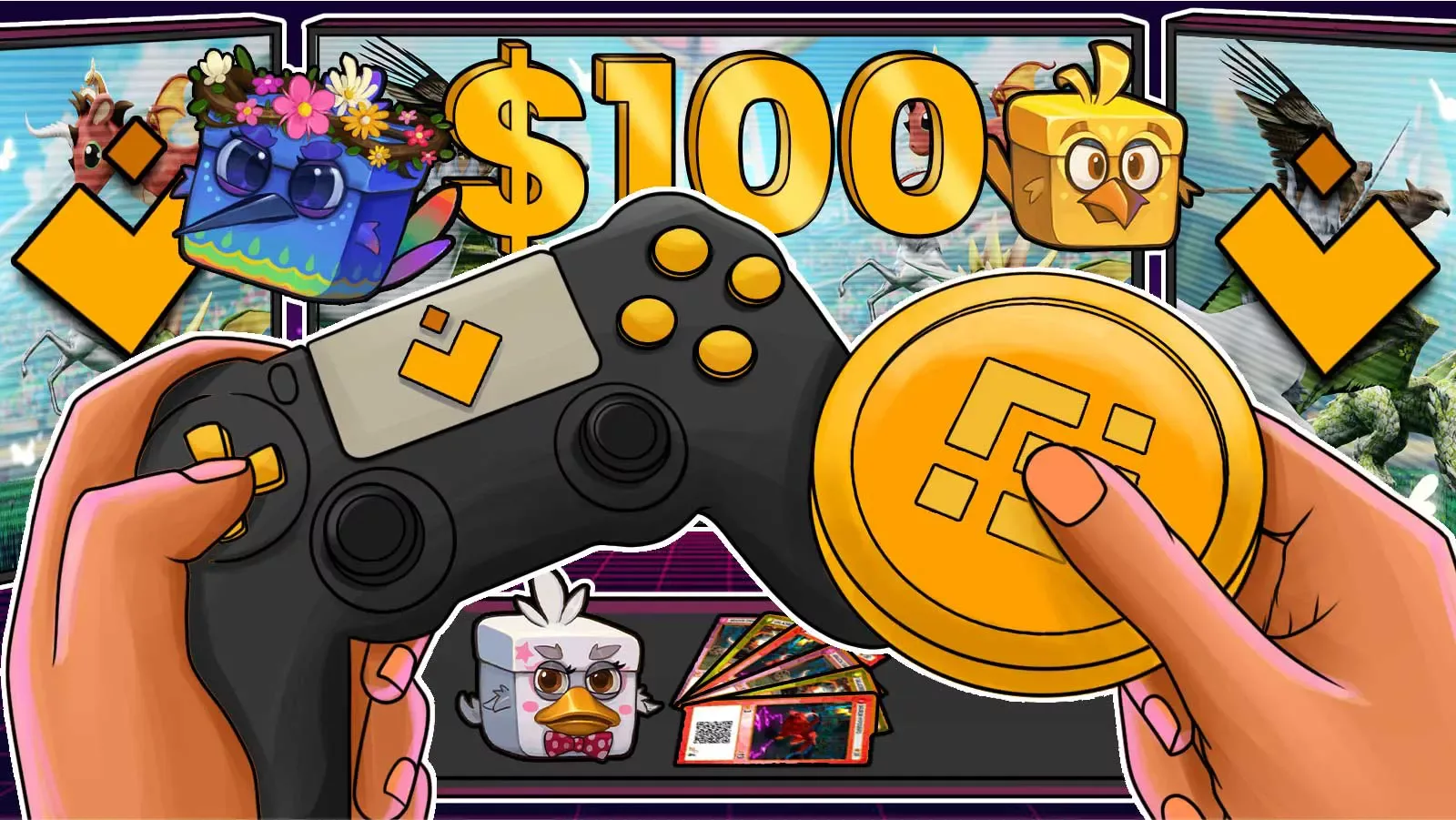
Play-to-earn are a paradigm of web3 products, services or experiences by which individuals are rewarded for their time or achievements with cryptocurrencies or NFTs which can be traded for real world value.
Roblox
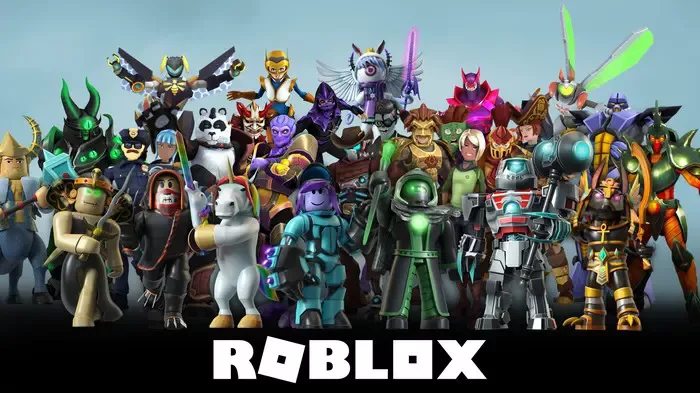
In 2005, Roblox launched ROBUX, a first of its kind currency that could be purchased using real money and exchanged in its own universe for products, services or experiences.
ROBUX can also be earned by building user experiences for the platform as a developer and later exchanged for real world currencies.
"The Roblox Developer Exchange Program (also known as DevEx) is a program that allows Roblox developers to exchange their Earned Robux for real money. While anyone can use Roblox Studio to learn to code, create experiences to enjoy with their friends, and even earn some Robux, only some developers will be able to meet the high requirements (described below) to earn real money through DevEx."
Axie Infinity
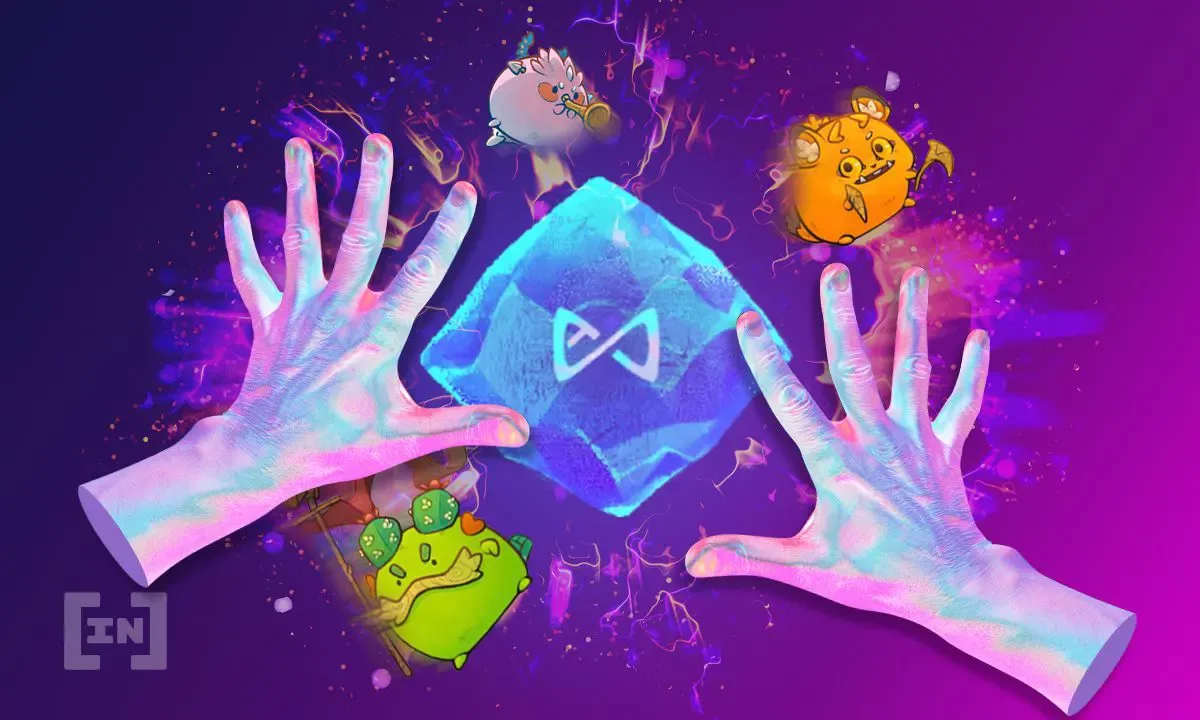
Axie Infinity (2018) is the world's biggest Play-to-Earn game, and has become a way that some individuals support their families. Via a Pokémon-style monster-battling game that allows players to earn a series of NFT's known as Axies, SLPs and AXS; individuals can exchange NFTs or Tokens for real world currencies.
What is Your Land, Your Rules ?
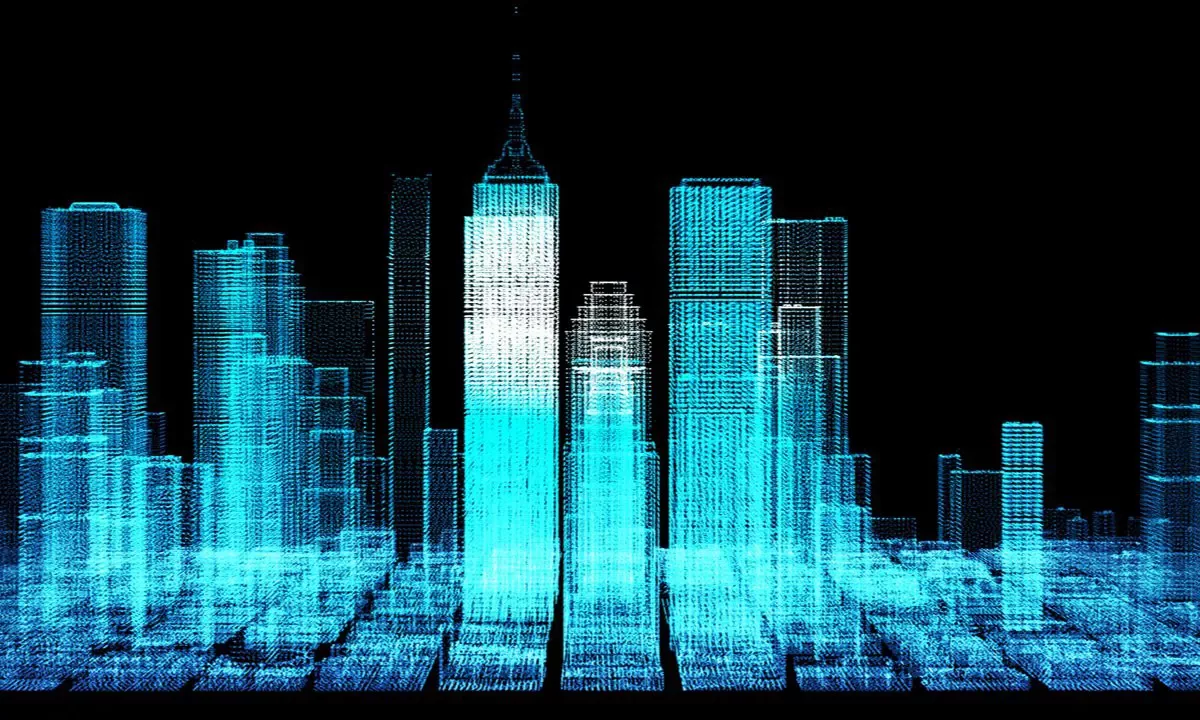
Although no official term has come to life, Your Land Your Rules, refers to the core tenet of Web 3.0 by which you have full digital property rights and ownership - suggesting that you have full control and jurisdiction of your world or space within a world.
Decentraland
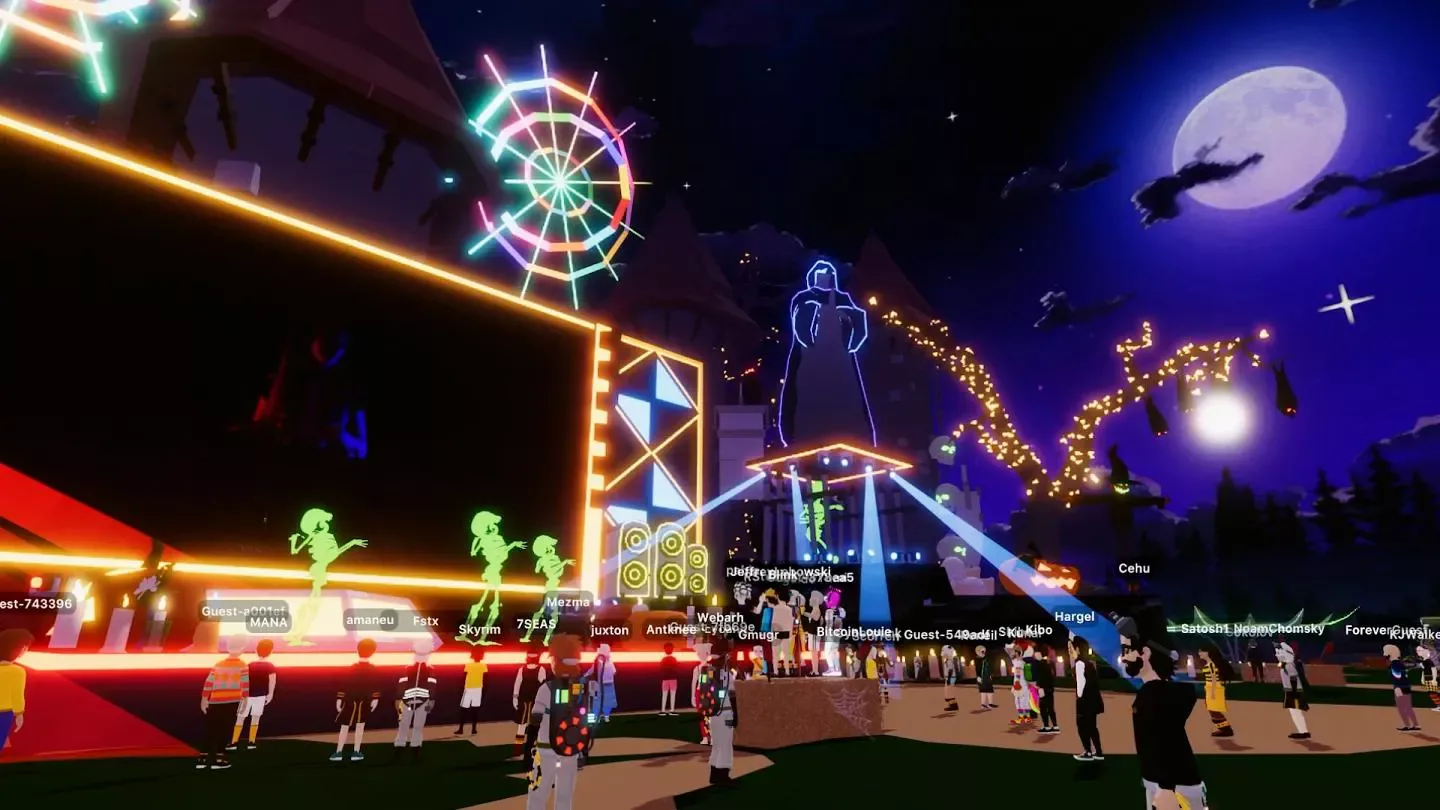
Decentraland was launched out of Argentina in 2015 and is first Ethereum based world that sells land parcels for a variety of purposes from a Virtual Japanese District, to an Atari Casino or a Sotheby's virtual headquarters.
Its application of Your Land Your Rules, entails that if you buy land in Decentraland using MANA, you are free to do with it whatever you like.
SuperWorld
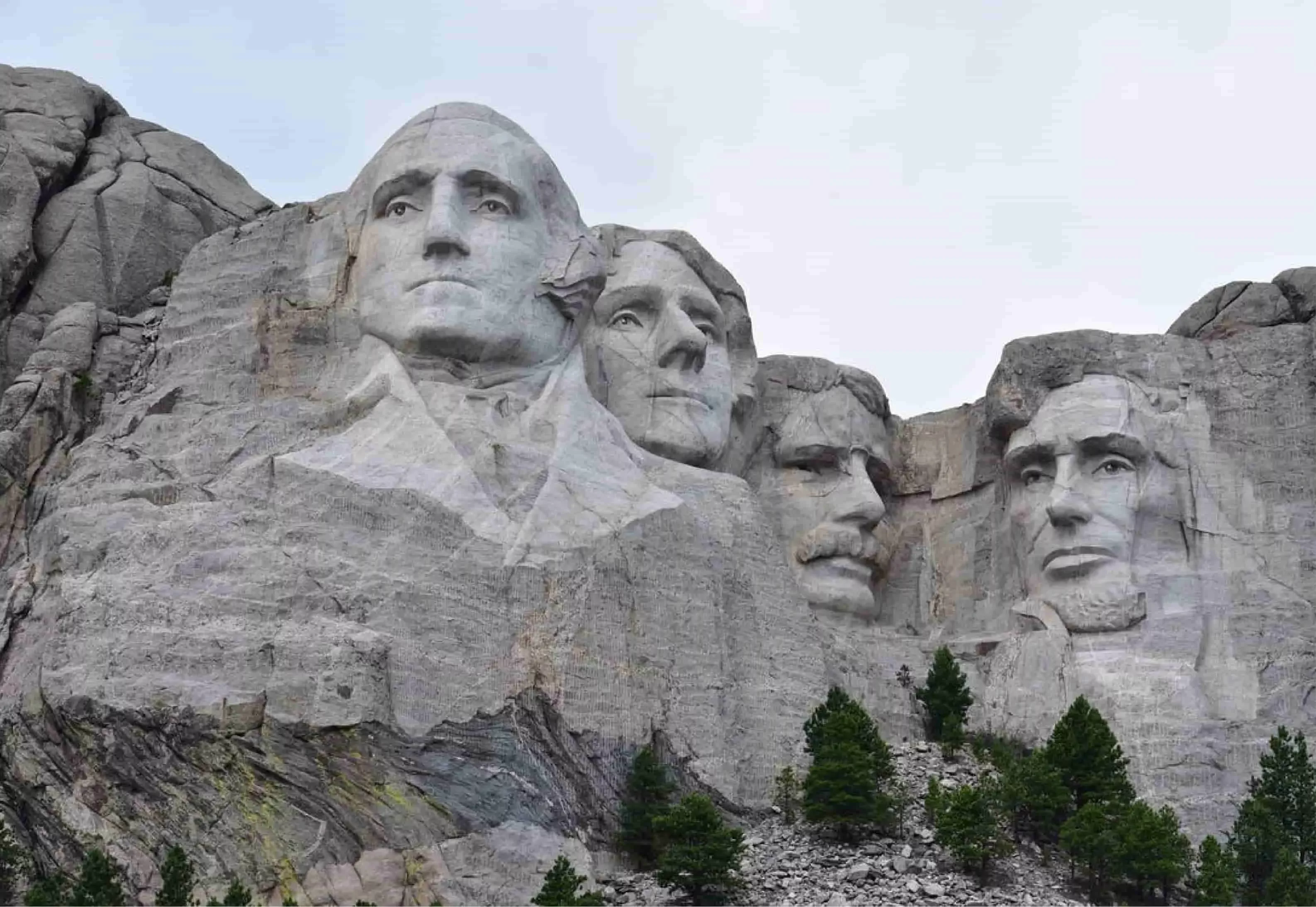
Superworld (2017) is a virtual world which has taken on the task of developing 64.8 billion plots of virtual world mapped over the entire surface of the globe, allowing users to purchase anything from the Taj Mahal, to their ex-boyfriend’s house.
As a result, the owner of said land then also collects all revenue generated on the property, be it from advertising, e-commerce, tourism, etc.